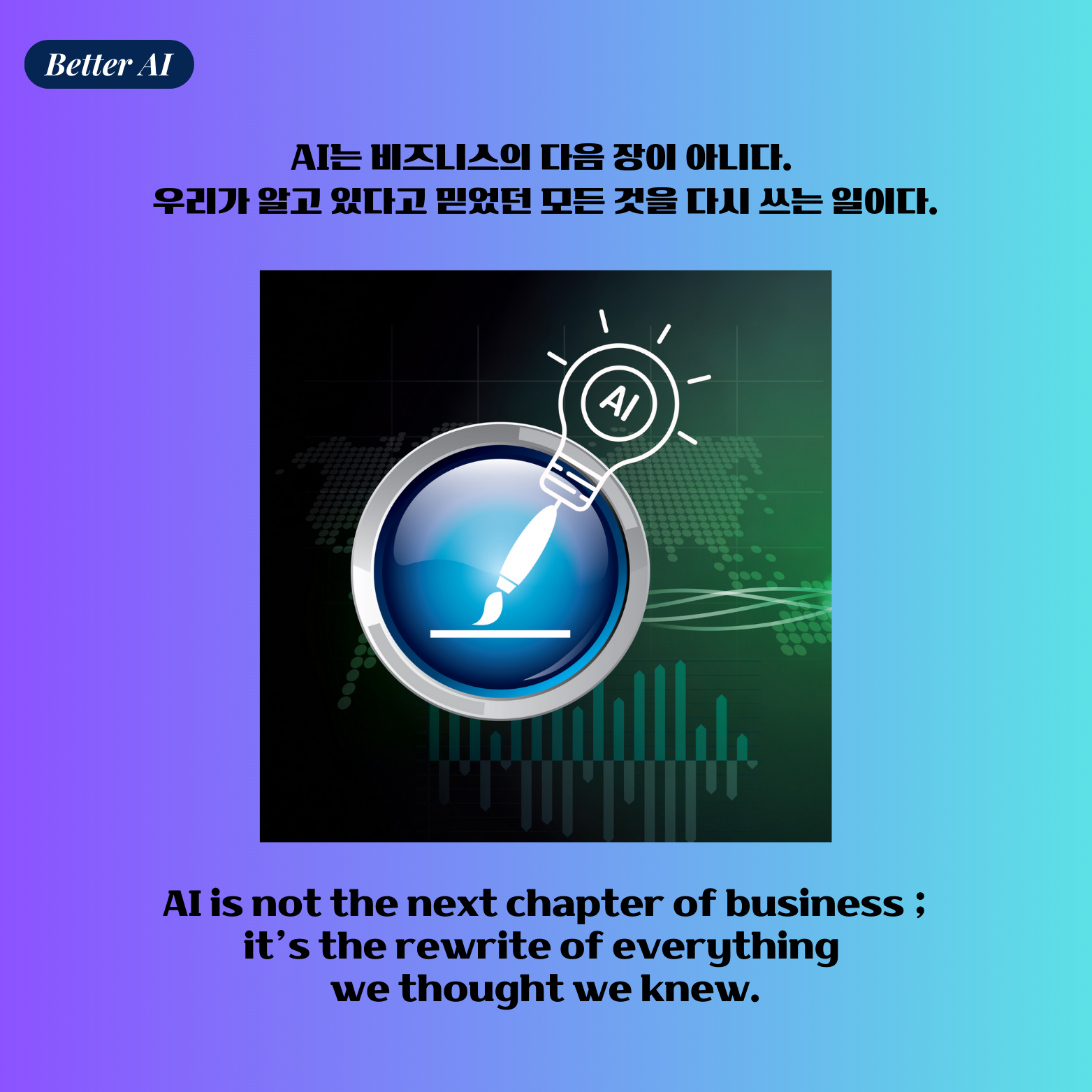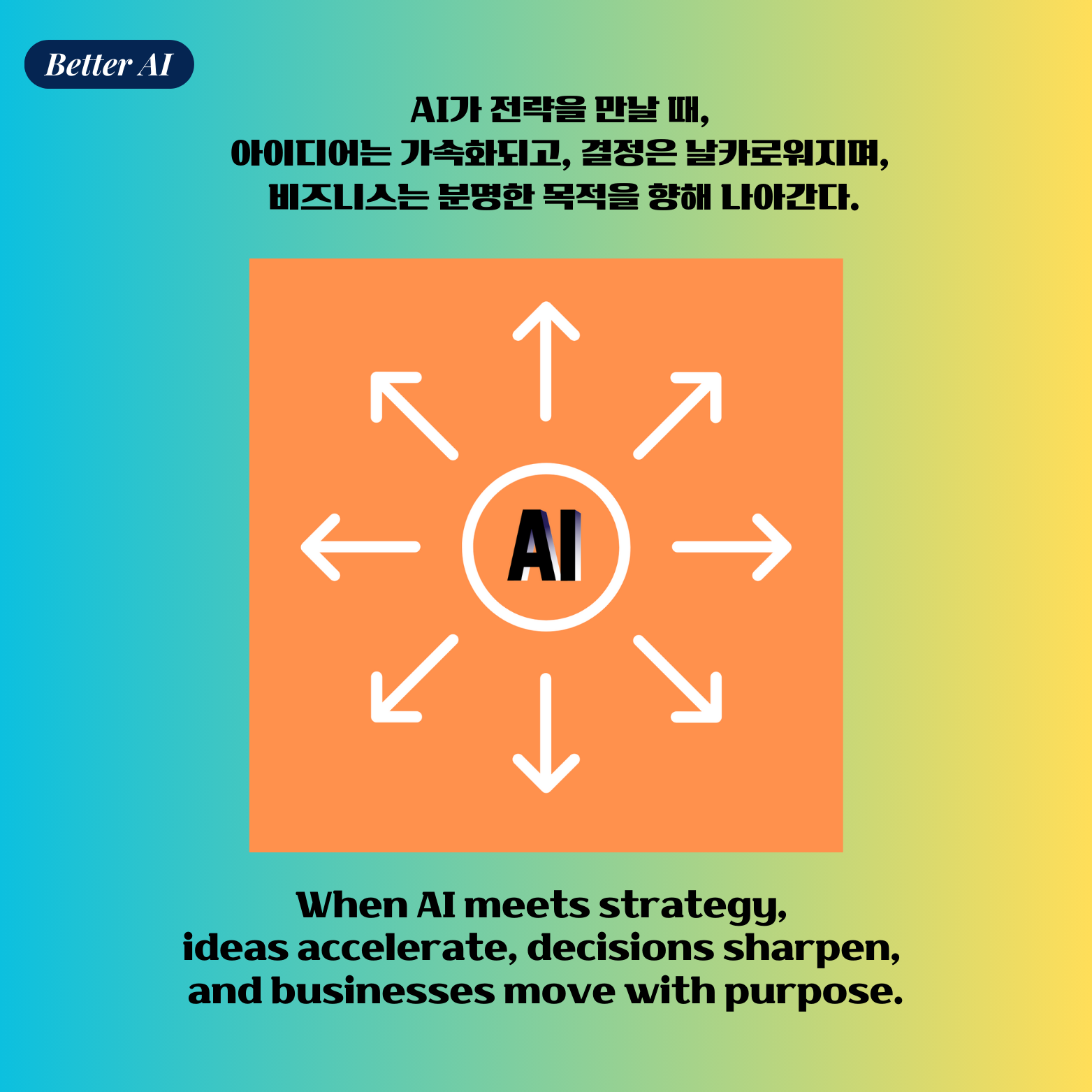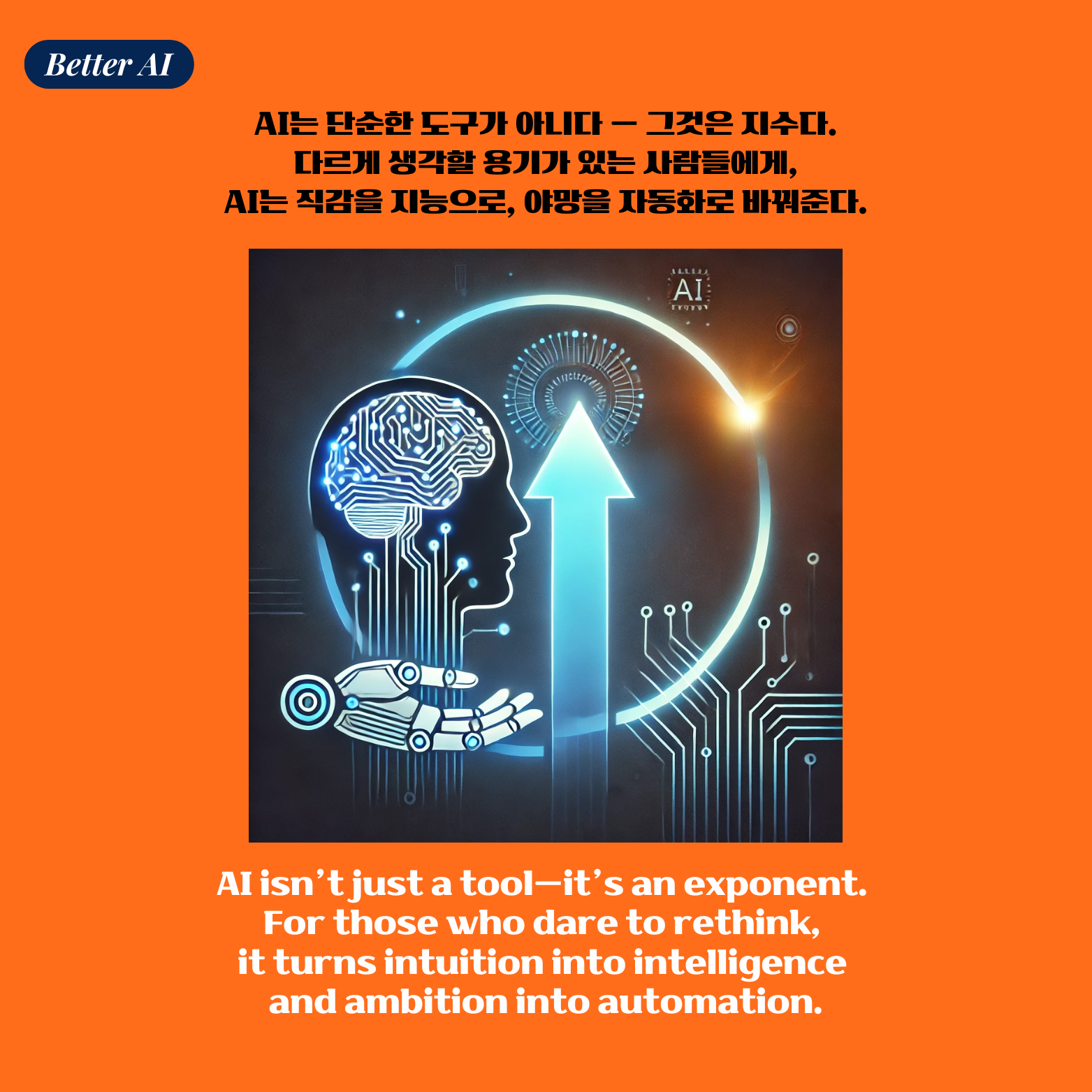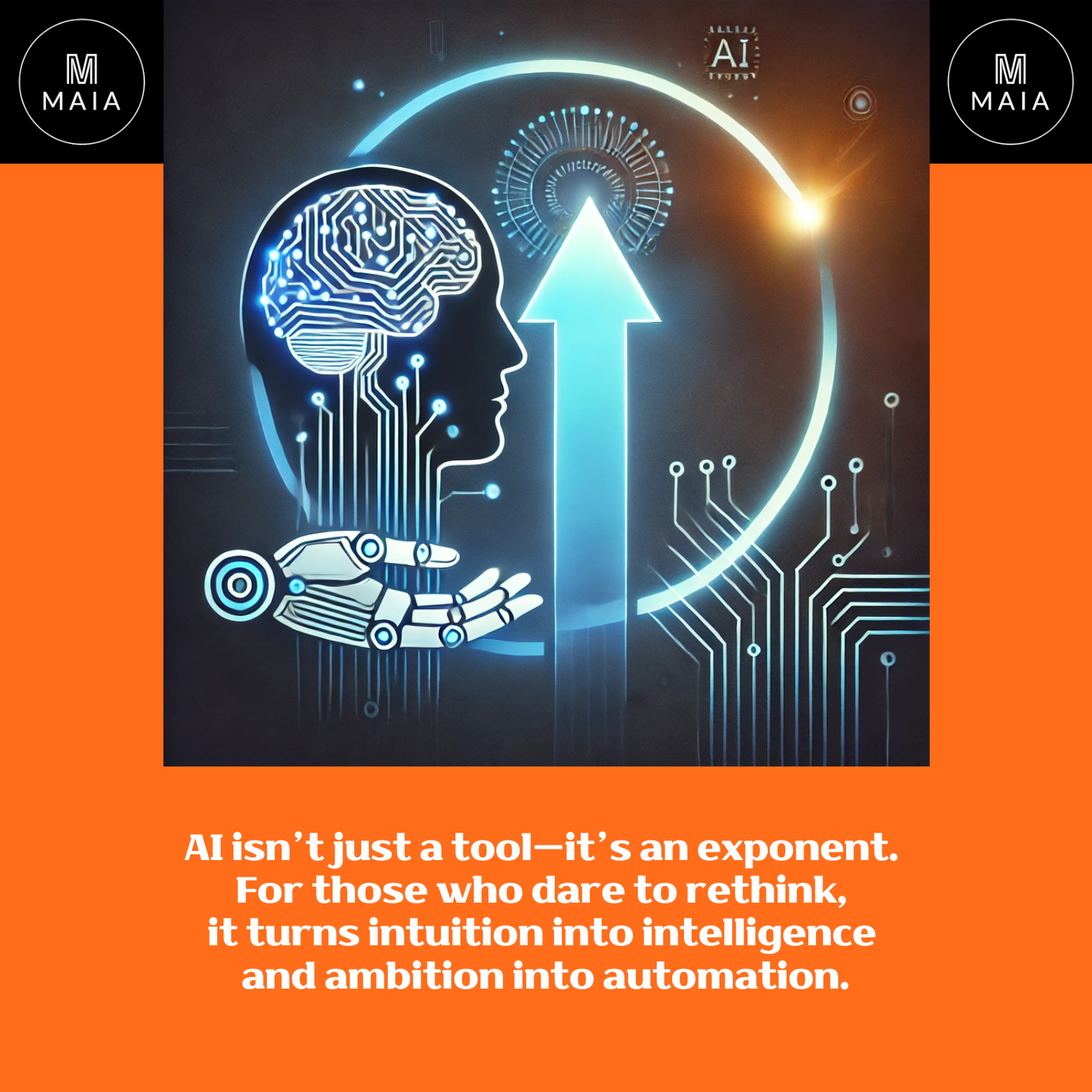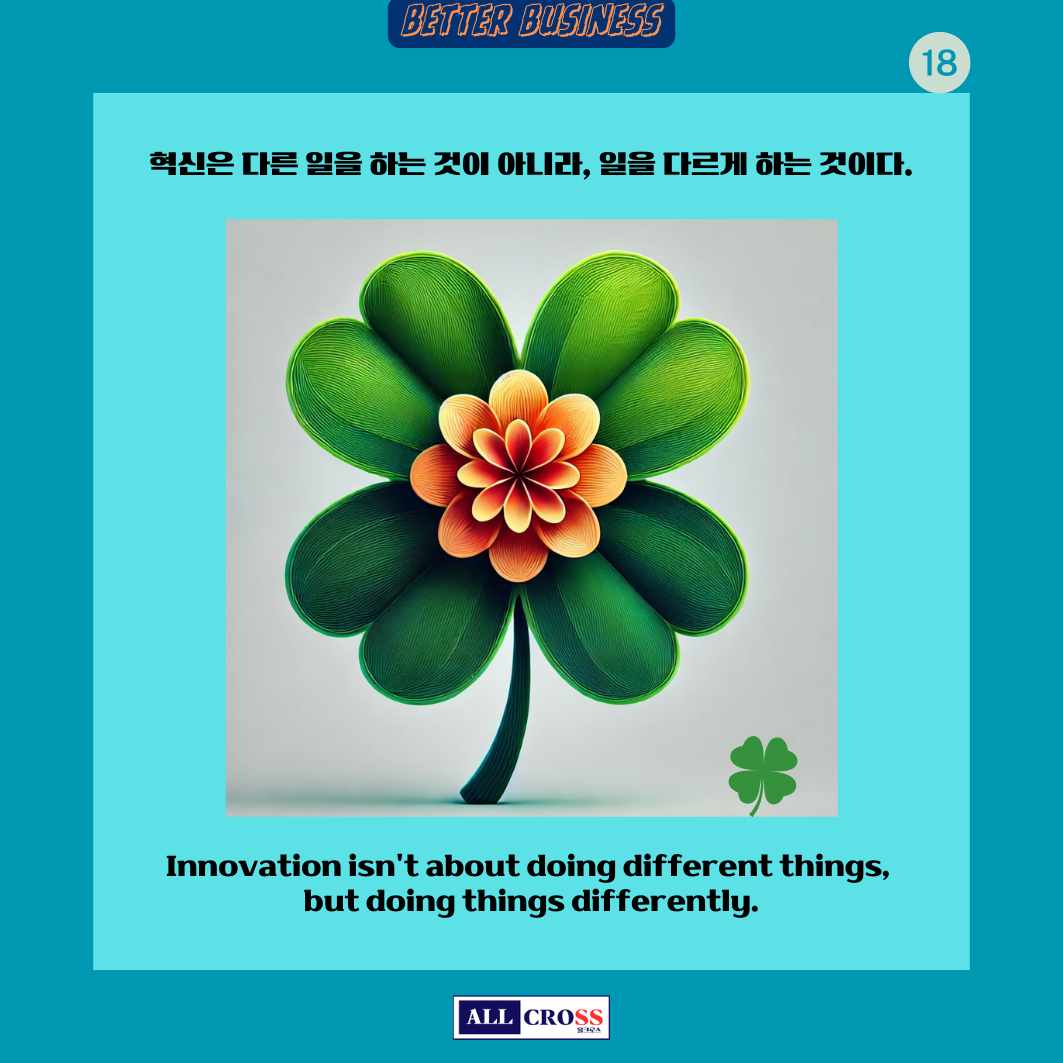AI News & Biz Insights(June13, 25)
1. Mattel and OpenAI Partner to Bring AI to Iconic Brands Like Barbie and Hot Wheels
Mattel and OpenAI have formed a strategic collaboration to integrate generative AI into Mattel’s iconic brands, such as Barbie and Hot Wheels, aiming to launch their first AI-powered product later this year.
The partnership will use OpenAI’s tools—including ChatGPT Enterprise—to enhance product development, creative ideation, and operational efficiency, while prioritizing safety, privacy, and responsible innovation for children.
Mattel plans to leverage AI for interactive toys, digital assistants, and immersive experiences, positioning itself as a digital-first entertainment company amid industry headwinds.
Both companies emphasize that the collaboration will deepen fan engagement, extend brand lifecycles, and help Mattel compete with tech-forward rivals in the evolving toy and entertainment market.
💡Biz Insights
This partnership marks a pivotal shift, with legacy consumer brands like Mattel embracing AI to future-proof their business and connect with new generations in more dynamic, personalized ways.
By embedding generative AI into toys and experiences, Mattel is blurring the line between physical and digital play, opening doors to entirely new revenue streams and interactive storytelling.
The collaboration sets a precedent for responsible AI in products for children, highlighting the importance of safety, privacy, and brand trust as AI becomes integral to family entertainment.
2. Major Restaurant Chains Turn to AI for Efficiency, Personalization, and Growth
BJ’s Restaurants, Cracker Barrel, and Bloomin’ Brands are expanding AI use to improve forecasting, labor planning, and guest experiences amid economic headwinds.
Cracker Barrel’s AI-powered personalization in its rewards program has lifted average revenue per member and improved traffic forecasting, labor management, and guest relations.
BJ’s is piloting AI for workforce scheduling and guest sentiment analysis, reporting better labor efficiency and considering broader rollout.
Bloomin’ Brands is leveraging AI and new tech platforms to streamline feedback, enhance both customer and employee experiences, and optimize operations.
💡 Biz Insights
AI adoption in restaurants is shifting from hype to practical, results-driven deployments, focusing on measurable gains over novelty.
Personalization and operational AI are becoming essential levers for revenue growth and customer loyalty, not just cost-cutting tools.
The intersection of guest and employee experience is now a strategic focus, with AI-driven insights enabling agile, data-backed decision-making in a volatile market.
3. Google DeepMind’s AI Model Now Forecasts Typhoons and Hurricanes with Unprecedented Accuracy
Google has introduced a new AI model designed to forecast tropical cyclones (typhoons, hurricanes) and is collaborating with the US National Hurricane Center to test its capabilities.
The model, showcased on the Weather Lab platform, can generate up to 50 different scenarios for a storm’s trajectory, size, and intensity up to 15 days in advance—far ahead of traditional models.
Google claims its AI predictions are at least as accurate as conventional physics-based methods, and its five-day forecasts for cyclone paths have, on average, been 87 miles closer to actual storm tracks than leading traditional models.
The initiative aims to provide more precise warnings and longer lead times for communities at risk, with the AI model supporting—not replacing—human forecasters at the NHC.
💡 Biz Insights
AI is transforming weather forecasting by offering faster, more accurate, and scenario-rich predictions, which can save lives and reduce economic losses from extreme weather events.
Collaboration between tech companies and government agencies is accelerating the adoption of cutting-edge AI tools in critical public safety operations.
The integration of AI and human expertise creates a powerful partnership, enhancing the reliability and usefulness of forecasts for both professionals and the public.
4. Apple Sets Spring 2026 Launch for Long-Delayed Siri AI Upgrade
Apple has internally targeted spring 2026 for the launch of its upgraded, AI-powered Siri voice assistant, following repeated delays.
The new Siri will be integrated into iOS 26.4 and will leverage users’ personal data and on-screen activities to deliver smarter, context-aware responses.
Originally planned for fall 2024, the release was postponed multiple times due to technical challenges and internal setbacks.
Apple executives have acknowledged the delays as embarrassing, highlighting the company’s struggle to keep pace with rivals like OpenAI, Google, and Amazon in AI voice technology.
💡 Biz Insights
Delays in Apple’s AI rollout underscore the complexity and high stakes of integrating advanced AI into widely used consumer products.
By enabling Siri to understand context and user intent more deeply, Apple aims to redefine what users expect from voice assistants.
The repeated postponements signal both the challenges of innovation at scale and the pressure on tech giants to deliver cutting-edge AI experiences without sacrificing privacy or reliability.
AI-Arbitrage
[In-depth Analysis]
The AI App Earning Thousands While You Sleep?
A newly public AI-powered app, AI-Arbitrage, claims to automatically trade currencies, stocks, and bonds—generating profits while users sleep. It recently opened a closed beta that promises:
Minimal effort & smart AI: The app buys and sells automatically, using an advanced algorithm and no prior trading knowledge needed.
Strong performance claims: Beta users reportedly make around $14,700/month, with some seeing up to $750/day profit, and the developers claim a 92% success rate
Fast, flexible withdrawals: Users say funds clear in about 2 days via cards, online accounts, or bank transfers.
Limited free access: The app is currently in closed beta; free registration may close soon, and a waitlist is in play.
Comment Highlights
Success stories
“I started using this app about 2 months ago… withdraw your winnings from time to time… keep about 500–1000 in the investment account”
“My investment has tripled in 2 days… 93% hits in the last 2 weeks”FOMO & waitlist buzz
Comments reflect both excitement and urgency:
“Limited capacity… join waitlist”
“I finally got in… wish I knew the direct signup link”
Caution & uncertainty
One user cautions: “works for now, but will see…”
Another warns about greed: “withdraw your winnings from time to time”
Overall, users are impressed but some remain skeptical or cautious about long-term viability.
Takeaways
This app taps into two powerful trends: AI-driven automation and 24/7 global markets. If the claims hold true, AI-Arbitrage could revolutionize passive income strategies by removing human emotion from trading and working round the clock. The numbers—$14,700/month or $750/day—are attention-grabbing, and fast withdrawals make it feel credible.
However, a few red flags stand out:
All data comes from self-reported beta users, and the site’s own note says results may vary.
High reported accuracy (92–93%) is unusually strong; real markets are unpredictable.
The app is still in beta, with free access limited—raising questions about future pricing, scaling, and transparency.
Conclusion & Caution (Investment Angle)
AI-Arbitrage is a fascinating, potentially groundbreaking tool for passive investors—if it works as advertised. That said:
Treat all performance figures as promotional. There’s no external audit or third-party data.
Start small and withdraw profits regularly, as users suggest—don’t assume gains will compound indefinitely.
Remember that markets are inherently risky and past returns don’t guarantee future results, even with AI.
As it shifts from beta to paid service, expect costs, limitations, or decreased returns.
So yes, the app could revolutionize AI-driven passive income—but only if you manage risk smartly. Always invest with caution, skepticism, and a plan for downside risk. Never bet more than you can afford to lose—and stay tuned for independent performance reviews.
AI News & Biz Insights
Headlines (June4, 25)
1. AI Opens New Doors for Workers Living with Dementia
2. Microsoft offers free Sora access on its Bing search app
3. Anthropic’s AI is writing its own blog — with human oversight
4. AI Identifies Non-Cancer Drug Combinations Effective Against Breast Cancer
1. AI Opens New Doors for Workers Living with Dementia
Contrary to common misconceptions, individuals with dementia can remain active in the workforce.
Simple workplace adjustments—like improved lighting, clear fonts, and digital reminders—can significantly aid their productivity.
Artificial Intelligence tools assist with tasks such as organizing thoughts and managing schedules, enhancing work efficiency.
Flexible work arrangements, including hybrid models, provide supportive environments for employees with dementia.
💡 Biz Insights
* Embracing inclusivity by supporting employees with dementia can tap into a valuable and experienced talent pool, fostering diversity and reducing turnover.
* Investing in AI-driven assistive technologies opens avenues for innovation in workplace accommodations, catering to a broader range of employee needs.
* Companies that lead in creating dementia-friendly workplaces position themselves as pioneers in corporate social responsibility, enhancing their brand reputation.
2. Microsoft offers free Sora access on its Bing search app
Microsoft has integrated OpenAI's video generation tool, Sora, into its Bing mobile app, enabling users to create five-second videos from text prompts at no cost.
The feature, named Bing Video Creator, is currently available on iOS and Android platforms, with plans to expand to desktop and Copilot Search soon.
Users can generate up to 10 fast videos and unlimited slower ones, with opportunities to earn additional fast credits through Microsoft's rewards programs.
This move aims to increase public engagement with Sora, which had limited traction due to initial issues like hallucinations and slow video generation times.
💡 Biz Insights
* By offering free access to Sora via the Bing app, Microsoft lowers the barrier to entry for AI-powered video creation, fostering innovation among content creators and marketers.
* This strategy positions Microsoft to compete more effectively in the generative AI space, potentially attracting users from platforms like TikTok and Instagram.
* The integration of Sora into Bing could drive increased usage of Microsoft's ecosystem, enhancing user engagement and opening new avenues for monetization.
3. Anthropic’s AI is writing its own blog — with human oversight
Anthropic has launched "Claude Explains," a blog primarily generated by its AI model, Claude, focusing on technical topics like simplifying complex codebases.
While Claude drafts the content, human subject matter experts and editorial teams review and enhance the posts with insights and contextual knowledge.
The blog serves as a showcase of Claude's writing abilities, demonstrating a collaborative approach between AI-generated content and human expertise.
Anthropic plans to expand the blog's topics to include creative writing, data analysis, and business strategy, illustrating how AI can augment human work.
💡 Biz Insights
* Integrating AI like Claude into content creation processes can enhance productivity and allow human experts to focus on higher-level tasks.
* This collaborative model may set a precedent for other companies exploring AI-assisted content generation, balancing efficiency with quality control.
* By transparently combining AI capabilities with human oversight, businesses can build trust with their audience while leveraging technological advancements.
4. AI Identifies Non-Cancer Drug Combinations Effective Against Breast Cancer
Researchers at the University of Cambridge utilized GPT-4 to identify combinations of existing non-cancer drugs that effectively target breast cancer cells.
The AI analyzed vast scientific literature to suggest drug pairings, some of which outperformed current treatments in laboratory settings.
This approach could expedite the development of affordable cancer therapies by repurposing approved medications.
The study demonstrates AI's potential to revolutionize drug discovery and personalized medicine.
💡 Biz Insights
* AI-driven drug repurposing can reduce R&D costs and time-to-market for pharmaceutical companies.
* Collaborations between AI developers and biotech firms may lead to innovative treatment options and competitive advantages.
* Regulatory frameworks may need to adapt to accommodate AI-assisted drug discovery processes.
In Other News
📣 OpenAI announces $150,000 in grants to 11 Indian nonprofits for social innovation
📣 Meta Powers AI Future with 20-Year Nuclear Energy Deal
📣 AI 'vibe coding' startups burst onto scene with sky-high valuations
📣 AI Accelerates Public Health Risk Communication
📣 U.S. Special Operations Command Utilizes AI for Administrative Efficiency
지금의 사업에 AI를 효과적으로 도입하는 5단계 체계적 접근법
AI 기술은 이제 선택이 아니라 필수가 되었습니다. 중소기업이나 스타트업도 AI를 통해 경쟁력을 높이고 매출과 고객 확보를 다르게 접근할 수 있는 기회입니다. 그렇다면, 우리 사업에는 어떻게 AI를 도입하여 발전시킬 수 있을까요? 명확하고 효과적인 5단계 접근법을 함께합니다.
1단계: 명확한 목표 설정하기 (Goal Setting)
AI를 성공적으로 도입하기 위한 첫 번째 단계는 명확한 목표를 설정하는 것입니다.
우리 비즈니스에서 개선이 필요한 주요 영역 파악
매출 증대
고객 확보 및 유지
운영 비용 절감 및 업무 효율성 향상
AI 도입을 통해 달성 가능한 목표 설정 (SMART 목표법 활용)
구체적(Specific)
측정 가능(Measurable)
달성 가능(Attainable)
현실적(Realistic)
시한 설정(Time-bound)
예시
"AI 기반의 맞춤형 마케팅을 통해 향후 6개월 내에 고객 전환율을 15% 향상시킨다."
2단계: 데이터 확보와 분석 (Data Collection & Analysis)
AI 기술 활용의 핵심은 데이터입니다. 데이터가 부족하거나 부정확하면 AI 효과는 제한적일 수밖에 없습니다.
현재 보유 중인 데이터 점검 및 정리
고객 구매 이력
웹사이트 방문자 행동 데이터
소셜미디어 반응 데이터
AI 활용에 필요한 데이터 추가 수집
고객 설문 조사 및 피드백
외부 시장 트렌드 데이터 연계
데이터 분석을 통해 AI 활용 포인트 발굴
고객의 구매 패턴 분석
잠재고객의 관심사 및 행동 예측
마케팅 효과성 평가 데이터 확보
예시
"우리 플랫폼에서 고객이 자주 방문하는 페이지와 구매 과정에서 이탈하는 시점을 AI로 분석하여 마케팅 전략을 개선한다."
3단계: 최적의 AI 솔루션 선정 (Choosing the Right AI Solution)
명확한 목표와 분석된 데이터를 바탕으로 가장 적합한 AI 솔루션을 선정합니다.
마케팅 및 고객 확보를 위한 AI 솔루션
개인화 추천 엔진 (Personalization Engine)
예측 분석 모델 (Predictive Analytics)
생성형 AI 광고 콘텐츠 (Generative AI Content)
업무 효율 및 비용 절감을 위한 AI 솔루션
업무 자동화 도구 (RPA)
재고 관리 및 물류 최적화 솔루션
고객 서비스 자동화 (고객 대응 AI 등)
예시
"마케팅 분야에서 생성형 AI를 도입하여 고객 맞춤형 이메일과 소셜미디어 콘텐츠를 자동으로 생성해 효율성과 반응률을 높인다."
4단계: 단계적 적용과 성과 측정 (Implementation & Performance Measurement)
한 번에 모든 시스템을 바꾸기보다는 단계적으로 적용하여 효과를 검증하는 것이 중요합니다.
작은 규모의 프로젝트로 시작하여 효과 확인
AI 도입 전후의 성과를 측정하여 ROI 검증
고객 유입 증가율
매출 변화율
고객 유지율 변화
고객 피드백을 통해 AI 적용의 효과성을 지속적으로 평가 및 개선
예시
"한 달간 AI를 활용한 맞춤형 광고 캠페인을 시범 운영 후 성과 데이터를 분석하여 본격적인 확대 여부를 결정한다."
5단계: 지속적인 최적화와 확장 (Continuous Optimization & Expansion)
AI 도입의 성공은 지속적인 최적화와 확장을 통해 이루어집니다.
AI 알고리즘의 지속적인 학습 및 업데이트
고객 행동 변화 및 시장 변화에 따른 AI 모델 재조정
AI 활용 분야의 점진적 확대
마케팅뿐 아니라 고객 서비스, 운영 프로세스 등 다양한 분야로 확장
예시
"AI 추천 알고리즘을 지속적으로 학습시키고 데이터를 축적하여 고객 맞춤형 추천의 정확성을 높이고, 이를 바탕으로 새로운 상품 개발에도 적용한다."
AI를 활용한 비즈니스 발전은 결코 어렵거나 먼 이야기가 아닙니다. 위의 체계적인 접근법을 단계별로 따라가면서 AI 기술을 효과적으로 도입한다면 우리 사업은 매출 증대는 물론이고, 고객의 마음까지 잡는 경쟁력 있는 비즈니스로 성장할 수 있습니다. 지금 바로 시작해보세요! AI가 비즈니스의 가능성을 더욱 넓혀줄 것입니다.
6 Fundamental Approaches to Effectively Integrating AI into Your Small Business or Agency
Simply adopting AI technology doesn’t guarantee success. Effective integration of AI requires more than technical skills—it demands a deep understanding of your business’s core values, philosophy, strategies, and processes, ensuring AI naturally blends into your operations. How, then, can small businesses or agencies fundamentally and successfully implement AI? Below, I'll introduce a structured and insightful approach to integrating AI into your business, going beyond basic technical applications.
① Understand Your Business Essence & Define AI’s Role
Before introducing AI, start by clearly addressing these questions:
What is the core purpose of our business?
What value do our customers genuinely seek?
How can AI contribute to delivering this value?
AI is merely a tool, not magic that transforms your business essence overnight. Clearly define the practical value AI can bring to your customers, and set explicit goals based on that definition.
Examples
Enhancing deeper and more meaningful customer relationships.
Identifying and addressing customers' hidden needs.
Fundamentally improving the way customers experience and interact with your products or services.
② Establish a Data-Driven Business Structure
Data is AI’s most powerful asset. Small businesses and agencies must also build their unique data ecosystems:
Evaluate the quality and potential of existing data.
Create efficient processes for systematically collecting business-wide data.
Develop an environment where customer-experience data continually trains and improves AI.
Examples
Thoroughly collecting and analyzing customer behavior data, such as consultation records, purchase patterns, and satisfaction feedback.
Establishing a corporate culture centered around data-driven decision-making.
③ Conduct Small Experiments & Rapid Feedback
Instead of building an extensive AI system at once, begin with small, manageable experiments, using rapid and iterative feedback to optimize AI integration:
Validate AI effectiveness through pilot projects.
Constantly improve by quickly gathering customer responses and internal feedback.
Promptly incorporate insights from AI experiments into your actual business strategies.
Examples
Test personalized recommendation services initially on a small customer segment.
Develop and briefly test a basic social media content automation model, then quickly analyze responses for optimization.
④ Clearly Define Human & AI Roles
AI isn't designed to replace humans but to complement human creativity and decision-making. Small businesses and agencies especially must clearly define how AI supports human work:
Separate tasks suited to AI from those best handled by humans.
Balance human emotional intuition and creativity with AI’s data-driven analytical strength.
Examples
Let AI draft initial content, then rely on human creativity for polishing and refining to maximize quality.
Use AI for customer data analysis, allowing humans to focus on strategic decisions and direct customer engagement.
⑤ Build an AI-Friendly Workplace Culture
Adopting AI is fundamentally a cultural matter rather than a technological one. Even small businesses need to foster an AI-friendly culture and mindset to ensure sustainable growth:
Offer workshops and training sessions to make AI accessible and understandable to all staff.
Develop a positive corporate culture where AI is seamlessly integrated into daily tasks.
Regularly share successful AI implementation stories and actively communicate with your team.
Examples
Regularly hold brief internal workshops to quickly and easily learn AI tool usage.
Provide staff opportunities to experience firsthand how AI simplifies tasks and improves their outcomes.
⑥ Commit to Continuous Expansion & Long-Term Innovation
Integrating AI should not be treated as a one-time project but rather a long-term innovation strategy. Prepare for continuous growth and expansion beyond immediate results:
Gradually apply AI across different areas of your business.
Continuously update your AI models and strategies according to changing customer preferences and market conditions.
Build a clear AI roadmap to guide your long-term business innovation.
Examples
Start with AI applications in marketing, then gradually expand into customer service, operations, and product development.
Regularly assess the effectiveness of your AI initiatives annually and continually explore new directions for further innovation.
AI as a Journey Toward Fundamental Innovation.
Successfully implementing AI in your business is more about deeply understanding and aligning with your business's core values and strategy than it is about technical capability alone. Small businesses and agencies seeking meaningful growth through AI must remember these six fundamental approaches. Rather than merely using AI as a tool, evolve your business together with AI. AI can become the powerful wings that carry your business forward into transformative growth.
AI News & Biz Insights(Mar.21)
1. Apple Restructures AI Leadership Amid Siri Challenges
Apple Inc. is reportedly reorganizing its AI leadership following issues with Apple Intelligence and Siri. CEO Tim Cook has appointed Mike Rockwell, known for developing the Vision Pro headset, to lead Siri's development. This move comes after delays in Siri's personalized AI features, leading to criticisms of promoting underdeveloped functionalities. While competitors' voice assistants also face challenges, analysts question Apple's innovation trajectory under Cook, despite the company's financial success.
Biz Insights Apple's internal restructuring underscores the importance of effective leadership in AI development. Companies should ensure that AI initiatives are backed by robust strategies and experienced leaders to maintain competitiveness and meet consumer expectations.
2. Yum Brands Partners with Nvidia to Integrate AI into Operations
Yum Brands, the parent company of Taco Bell, Pizza Hut, KFC, and Habit Burger & Grill, is collaborating with Nvidia to enhance AI technologies in its restaurants. The partnership aims to introduce AI-driven solutions, including voice-activated order-taking to improve accuracy and efficiency in drive-thrus and call centers. Nvidia's computer vision tools will optimize workflows through real-time insights, and AI-powered analytics will assess restaurant performance, providing tailored action plans. Initial testing is underway at select locations, with plans to expand to 500 sites by the second quarter.
Biz Insights Integrating AI into customer service operations can significantly enhance efficiency and accuracy. Businesses in the food service industry should explore AI applications to streamline processes, improve customer satisfaction, and gain a competitive edge.
3. Luxury Brands Oppose AI Copyright Law Reforms
Britain's leading luxury brands, represented by industry group Walpole, have criticized proposed reforms to copyright laws that would allow tech companies to use copyrighted works for AI development without permission unless the owner opts out. Walpole argues that such reforms could harm the £80 billion luxury sector, as AI tools trained on copyright-infringing material undermine creative integrity. They advocate for an equitable licensing system to protect intellectual property rights.
Biz Insights The debate over AI and copyright laws highlights the need for businesses to navigate the complex landscape of intellectual property rights. Establishing clear guidelines and ethical practices for using copyrighted material is essential to maintain trust and compliance within creative industries.
4. AI-Driven Weather Prediction Breakthrough
Researchers have developed Aardvark Weather, an AI-driven method that significantly enhances weather forecast speed, accuracy, and cost-efficiency. This approach allows a single researcher with a desktop computer to deliver precise forecasts much faster and using far less computing power compared to traditional systems. Aardvark utilizes AI trained on raw data from global weather sources, bypassing the complex multi-stage conventional process dependent on supercomputers. This method promises to democratize forecasting, aiding developing nations, industries, and policymakers with specialized forecasts and better preparations for natural disasters and climatic issues.
Biz Insights Advancements in AI-driven weather prediction can revolutionize industries reliant on accurate forecasts, such as agriculture, logistics, and disaster management. Businesses should consider integrating AI-enhanced predictive tools to improve operational planning and risk management.
AI News & Biz Insights(Mar.20)
1. SoftBank Acquires Ampere Computing for $6.5 Billion
SoftBank Group Corp. has acquired semiconductor designer Ampere Computing in a $6.5 billion deal to enhance its AI infrastructure capabilities. Ampere, known for its high-performance data-center processors utilizing Arm Holdings technology, will operate as a wholly-owned subsidiary while retaining its name. This move aligns with SoftBank's strategy to expand its AI portfolio, complementing previous investments such as the acquisition of U.K.-based chip designer Arm in 2016 and a recent partnership with Oracle and OpenAI on the $500 billion Stargate initiative to build AI data centers in the U.S.
Biz Insights SoftBank's acquisition of Ampere Computing underscores the growing importance of specialized processors in AI infrastructure. Businesses should recognize the value of investing in tailored hardware solutions to optimize AI performance and remain competitive in the evolving technology landscape.
2. Synchron Integrates Nvidia AI into Brain-Computer Interface
Synchron has unveiled a new version of its brain-computer interface (BCI) integrated with Nvidia technology and the Apple Vision Pro, enabling individuals with paralysis to control devices using their thoughts. Demonstrated by trial participant Rodney Gorham, who has ALS, the system allows management of home electronics through visualization and selection via the Apple Vision Pro. BCIs decode brain signals into commands, and with Nvidia's Holoscan, decoding becomes faster and more accurate. Synchron plans to develop a cognitive AI model using extensive brain data from current and future participants to enhance BCI accuracy and functionality.
Biz Insights The integration of AI with BCIs represents a significant advancement in assistive technologies. Companies in the healthcare and technology sectors should explore such innovations to improve quality of life for individuals with disabilities, potentially opening new markets and demonstrating corporate social responsibility.
3. AI-Powered Robot Developed to Make Coffee
Researchers at the University of Edinburgh have developed an AI-powered robot capable of making cups of coffee. This robot combines AI, sensors, and advanced motor skills to interact with kitchen environments similarly to humans. It interprets verbal instructions to locate mugs, navigate drawers, and mix coffee with water, adapting to unforeseen events like moved objects. This development signifies a leap from traditional factory robots, which operate in controlled settings, to functioning efficiently in unpredictable environments such as kitchens.
Biz Insights The creation of AI-powered robots capable of performing household tasks indicates a shift towards more versatile automation solutions. Businesses in the consumer electronics and home appliance industries should consider integrating AI to enhance product functionality and meet evolving consumer expectations.
4. Shield AI Advocates for Affordable, Intelligent Military Drones
Brandon Tseng, cofounder of defense tech company Shield AI, has advocated for the use of more affordable, intelligent drones in the U.S. military. Shield AI, founded in 2015, builds autonomous drones and AI-powered military software, notably the V-BAT drone, which performs intelligence, surveillance, and reconnaissance missions even in jammed communication environments. The company recently raised $240 million at a valuation exceeding $5 billion, signaling investor confidence in its technology. Tseng envisions a "hybrid force structure" combining expensive assets with millions of affordable drones as the future of modern militaries.
Biz Insights The push for cost-effective, intelligent military drones reflects a broader trend towards leveraging AI for defense applications. Companies in the defense sector should explore AI integration to enhance operational capabilities and offer innovative solutions to military clients.




